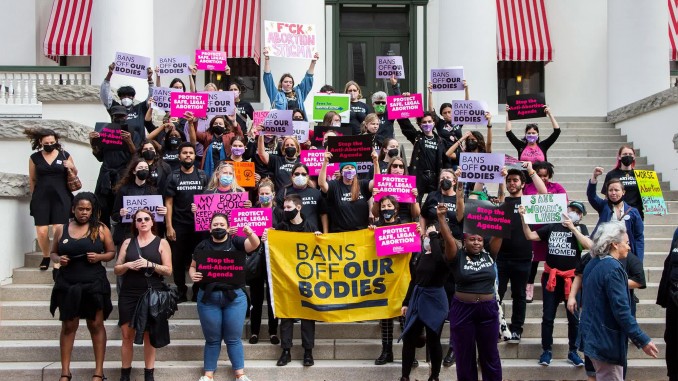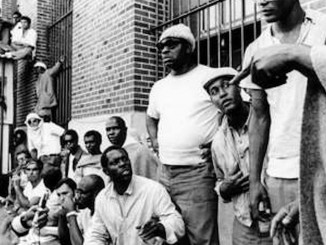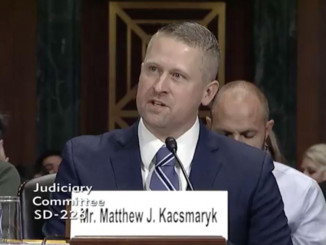
In early March, the Florida Senate approved the strictest abortion ban in the state’s history. Governor Ron DeSantis has implied he will sign the ban into law, which will go into effect on July 1. The ban prevents women from receiving abortions after 15 weeks of pregnancy (the current law is set at 24 weeks) – there are no exceptions for victims of rape, incest, or human trafficking. The law follows the model set by Mississippi’s recent ban and several other states are also considering a 15-week ban. Thousands have protested these measures, but politicians are working harder to enact restrictive abortion laws in more states and federally in the Supreme Court.
While 15 weeks is less strict than Texas’s recent 6-week ban, the law still imposes limitations on our bodies that impact the health and wellbeing of parents and children alike. Researchers at the University of Texas have been studying the outcomes of the restrictive Texas abortion ban enacted in September of 2021, finding that between September and December there was a twelve-fold increase in those traveling to receive abortion services in other states. Traveling – often many hundreds of miles – is only possible for those who can afford the transportation, childcare, lodging, and the procedure itself. This means that poor and working-class people will suffer the most from this ban. A recent study found that low-income people and people of color are now more likely to continue an unwanted pregnancy against their will.
Because clinics in neighboring states are now seeing increased demand and have extremely limited funds for abortion services, they are having trouble providing for all of those seeking services. If more states pass abortion bans, clinics will be increasingly overworked and unable to safely provide much needed services.
The result of these restrictions adds huge hurdles to an often difficult and emotional decision to get an abortion. These include high expenses, stigma, and threats of violence. The alternative for women is to opt for an unwanted pregnancy in a state (and country) with exceptionally high maternity mortality rates, especially for women of color.
This legislation shows that the politicians of this so-called democracy we live under do not represent us and our interests – they defend a capitalist system that is extremely violent against women. The oppression of women is inseparable from the exploitation of working-class people that lies at the foundation of capitalism. Only our collective efforts to organize against this system and its many forms of oppression will allow us to win true autonomy over our own lives.




